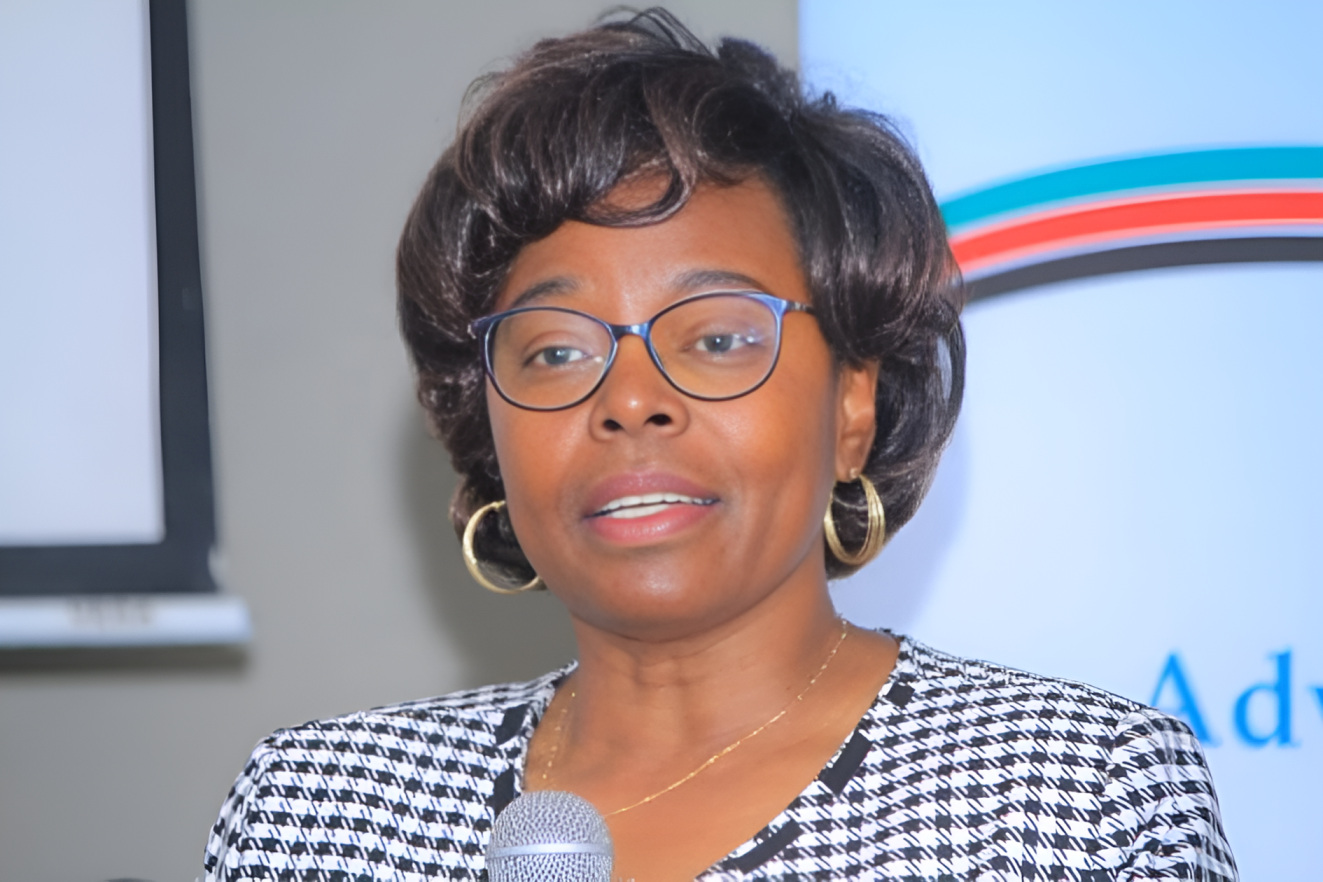Public universities are facing a deepening financial crisis, with rising debt and growing pressure to become more self-reliant amid government reforms aimed at improving sustainability.
A report by Controller of Budget Margaret Nyakang’o shows that public universities and national polytechnics had accumulated debts totalling Sh67.81 billion by the end of December 2024.
Kenyatta University and the University of Nairobi are among the institutions carrying the heaviest financial burdens, with pending bills running into billions.
Kenyatta University owes Sh12.38 billion, while the University of Nairobi follows with Sh12.22 billion.
The report lists unpaid contractor fees, supplier invoices, and unremitted statutory deductions as key contributors to the ballooning debts.
"Pending bills include contractor payments, supplier invoices, unremitted statutory deductions, and pension arrears," the report states.
Education Cabinet Secretary Julius Ogamba has acknowledged the financial strain universities are under, saying reforms are being put in place to restore stability.
Among the changes is a shift from full dependence on the national budget to encouraging universities to develop their own revenue sources.
"The university sub-sector has faced various challenges in recent times, largely due to financial difficulties," Ogamba told senators.
He said universities must now explore alternative ways of raising funds, including investments and partnerships that can support their operations without relying solely on government allocations.
To improve accountability, Ogamba said new legal reforms are being introduced to strengthen governance frameworks.
These changes are expected to promote better management of resources and ensure institutions operate more efficiently.
"The ongoing law reform process is geared towards strengthening governance frameworks in our public universities to ensure prudent use of resources," Ogamba said.
Besides the financial reforms, the government is also responding to long-standing staff complaints over delayed salary reviews and unpaid allowances.
The Ministry of Education is now implementing the 2017–2021 Collective Bargaining Agreement, which includes releasing Sh9.7 billion to finance salary increases of between seven and 10%.
Ogamba said future salary negotiations will begin earlier in the CBA cycle to allow proper financial planning.
"Since CBA implementation is resource-intensive, we are also creating a legal and policy framework to ensure our public universities are financially sustainable," he said.
The government is also changing how students receive financial assistance, moving to a model that tailors support based on individual need. Under the Variable Scholarship and Loan Funding model, each student’s household income is assessed to determine how much aid they qualify for.
The model is managed through a collaboration between the Universities Fund, Higher Education Loans Board, and Kenya Universities and Colleges Central Placement Service.
Though aimed at fairness, the model has been criticised by some students who say they were wrongly classified into higher contribution bands, making it difficult for their families to pay.
Despite the controversy, officials believe the model offers a better path to supporting students and ensuring universities have more predictable funding.
As reforms roll out, universities are under pressure to clean up their finances, boost efficiency, and find new ways to stay afloat. Without these changes, their growing debts could threaten learning, staff morale, and the sector’s long-term future.
